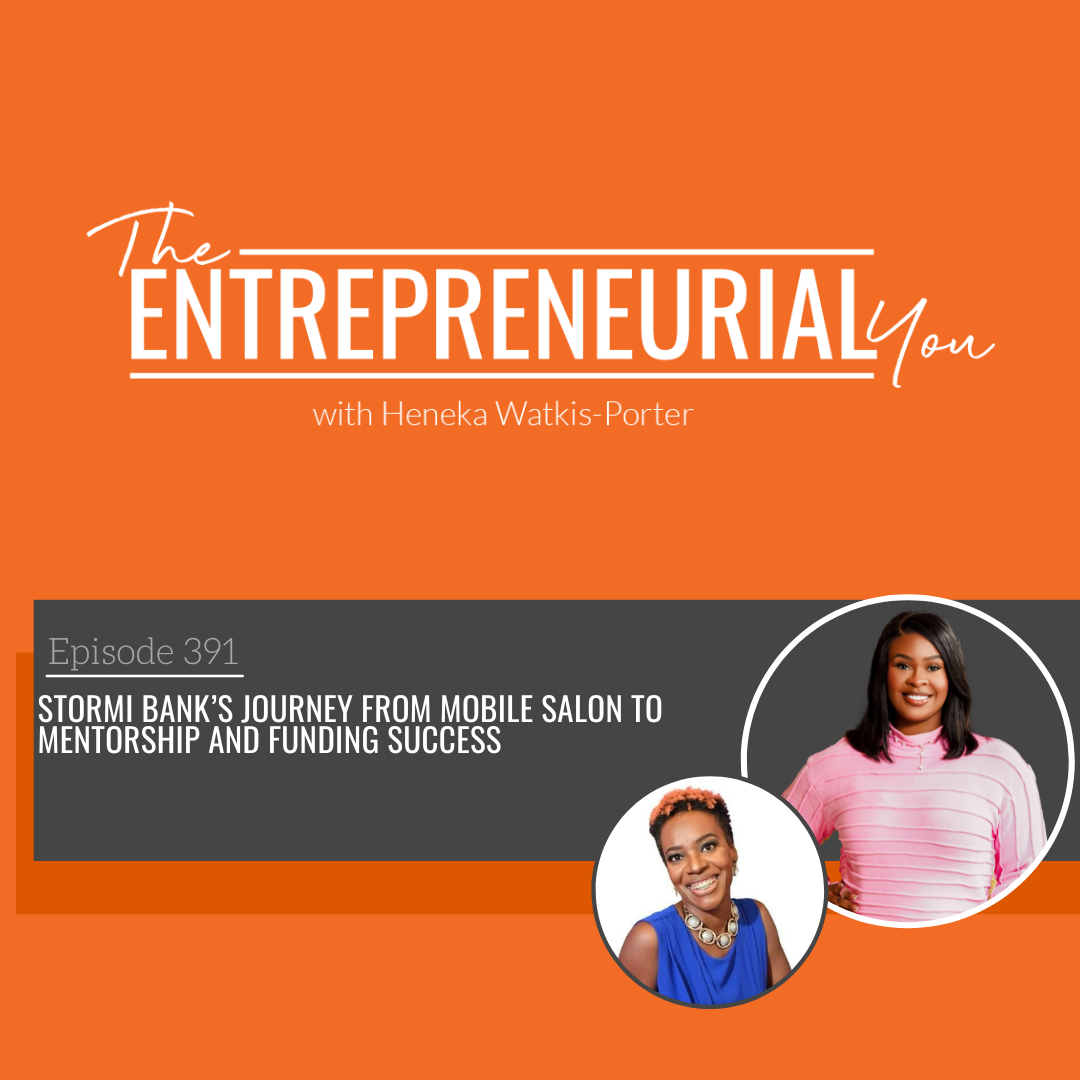Mitch Russo Co-founded Timeslips Corp in 1985, which grew to become the largest time tracking Software Company in the world. In 1994, Timeslips Corp was sold to Sage, plc. While at Sage, he went on to run all of Sage U.S. as Chief Operating Officer, a division with 300 people with a market cap in excess of $100M.
He was nominated for Inc. Magazine’s “Entrepreneur of the Year” on two separate occasions, 1989 and 1991 and Won “Best Entrepreneur” in 1989, from a pool of 4,000 other nominees by The National Association of Legal Vendors. TODAY he helps his clients build recurring revenue streams by using “certification.
Show Notes:
Here’s a fun question for you…If you could go back in time with whom would you like to spend a day with?
Steve Jobs. That’s my favourite person in the world. Elon Musk is one too but Steve Jobs, I think he did the impossible, I think he did it as a person who came into this world with both gifts and deficits. He overcame them and found a way to build something amazing.
What stops most entrepreneurs from breaking through and being successful?
Entrepreneurs who break through appears to be overnight successes. I think most people don’t realize how hard it is to find something of value, find a way to present it to others and also find a way to begin selling it successfully. Entrepreneurship is a journey and it’s never a single action or a single thing. It’s a process, a journey and it requires many different discipline. That’s why I love entrepreneurship so much. I believe it is one of the most creative ways to challenge yourself, to build wealth and to build community.
What is success for you?
It is different for different people. It can money, like what a lot of persons think of. But success can also be satisfaction, the joy of doing the work you love.
What do you say to those who are fearful of succeeding, fearful of criticism/ fearful of attention?
Criticism is strongest from inside. Most of what people are listening to is that voice that’s inside. For many people that voice tells them that they are not smart enough, that they are not good enough. It’s the ability to fight that back, the ability to recognize that is part of human nature protection system and overcome it and understanding that it is not protecting us at all. It is the same mechanism designed to keep us safe in the jungle. It is not the mechanism today that is valuable. The best thing to do is to try and overcome those feelings and if everybody else has comments like that, like you, you simply disregard them because they are simply not valid.
Was there ever a point you had to face your own demon of fear?
Yes. It comes up to this day. Facing one’s demo is a big category. To me what demons are is those tiny little voices that say, “oh no you can’t do that”, or ‘you’re not good enough or there are smarter people in the world that you, why do you think you can go off do that that. Those are the demons that haunt too many of us. In an entrepreneurial life when you’re mostly alone or working with a small team, that’s when the demons get to speak the loudest. I think it is our job as entrepreneurs to overcome those feelings and those voices and instead focus only on outcomes.
What was starting, running and then selling your successful company like?
I think, like many good ideas, that materialize in this world, that idea did not start as the idea that materialize. It started as a different idea. It (the software company) started as an idea to keep track of time so I could deduct my computer from my taxes. Back then, computers were thought of as toys by the IRS. My partner and I agreed that this was good idea and we built an entire to keep track of time to make sure we could deduct them from our taxes. Just about the time we quit our jobs and ready to launch, the IRS relaxed their ruling on that very thing. Without any notice, we found ourselves with a completely useless product. What we had to do, was to decide whether we wanted to abandon that project or find a different way to repurpose it if there was one. We realized that our tool, which was great at keeping track of time can be used more effectively than we had originally thought to keep track of clients’ time so they could later bill it as services. That became the basis of Time Slips Corporation. Our creation of time and billing software, it later became the number 1 product for lawyers and accountants to keep track of their time and bill it.
How would you encourage entrepreneurs at a pivotal point not to give up?
Fred Smith invented FedEx. What is interesting is that the initial concept for FedEx or previously Federal Express was to find a way to cut down on the amount of time it takes to process cheques. It used to take 7 days to process a cheque in the US. Fred thought it was too long. He had an idea to process the cheques in air and when the plane lands he would distribute them to the banks. It would take the processing time down form 7 days to 1 day. It was a brilliant idea except he didn’t take the weight of the equipment to process the cheques into account. It was too heavy to load onto planes and to power and process. He had to pivot. What ended up being the most important element of this idea was having central hubs where you can re-distribute the content of planes and get it out to destinations. That became the brilliance of FedEx. There is a brilliant story of how FedEx started with a wedding dress and how they began with their first customer who needed to get a wedding dress across the country in 24 hours. That became the beginning and they ramp up between 1 or 2 packages a day to now over 15 million packages a day.
I have a saying, you never actually fail until you give up. I think a lot of people give up too soon. I think a lot of people give up because they’ve tried hard and it didn’t work and they call it a failure. Instead of quitting, take a pivot and call it something else and if that doesn’t work think of trying something else and see what the market is telling you. That is the best way of handling the idea of not initially being successful.
How different is Tony Robins in everyday life versus his onstage persona?
Tony is one of the most genuine, most real people I have ever known. He is probably in a sense, the reason why many, many people are successful in this world. When you hear Tony on stage, he’s loud of course, he’s performing. When you meet him offstage and spend time with him, he is the ultimate person who is curious, a person who is focused on you. When I first got involved with Tony, he invited me to attend some of his events. I was thrilled to do that. I asked if I could bring my daughter and he said. It was ‘Unleash the Power Within’. He knew that I wanted to get a picture with him and my daughter before the event was over. After the first day when the event was in full force, we had gone 14 hours and Tony must have been very tired, he sent one of his people to find me saying he would like to speak to me and my daughter. We met with him behind the empty stage at 1:30 in the morning and Tony was kind and interested enough to sit down with me and my daughter and spend 40 minutes asking my daughter about her future, life and all the things she was excited about. That to me was one of the most beautiful things I’ve ever seen and made me feel so good.
That’s the way I remember Tony. The person who gives, not the person who takes. Leadership is not so much about getting things done, it’s about helping people realize what they truly want out of the life experience they’re having. A great leader is able to align the needs of the people and the needs of the company. Tony fits into that category well. Tony is a great leader.
You are an author?
Yes, I wrote the book, ‘The invisible Organization’, it is available on Amazon. It is about how to take a company and turn it into a virtual organization. The book came from my experience running one of Tony’s companies called Business Breakthroughs and having 300 staff outside the company. We never had an office, we never had a single piece of infrastructure. All we had was our phone lines, the internet and 300 people all over the world who work with us on a daily basis. The book is all about that process, the mindset of the CEO who is running that organization.
What do you say to those who believe they must go into a brick and mortar every morning or else they are not running a business?
You have to ask yourself, is this building really necessary. Can the people who work for me do their jobs if they were working at home? The real reason persons want to have staff show up at a building is they are afraid they are going to lose control if they don’t. They try to stay in control by having those people show up at 9:00 AM. The issue isn’t really that at all. You can learn systems that keep track of people’s activities so that in the end the only thing that counts, is their true performance. So instead of judging people based on whether you like them or not or how many sick days they had or how well they get along with others, we judge them entirely on their performance and their productivity when they work from home. This makes the employee a much happier person. They no longer have to fight with traffic and breathe in the smog of the highway every day. Instead they can get up in the morning and go the kitchen and go right to work. There are happy because they get to eat what they want. They can take care of their pets. They get to do a school visit if they have to for a kid. These are all part of life. As we pay more attention to the holistic life we live then working from home is inevitable. It is going to be where most of us end up working.
What are some of the systems that can be put in place to ensure the smooth running of our businesses?
I’ll give you some examples. On my book site, invisibleorganisations.com, I have a resources page there, when you buy the book it gives you access to the resource centre giving you dozens of systems for working remotely. Many of us already use these like CRM Sales Force, email, a virtual call centre like Skype. The goal is to utilize all our systems virtually.
The most important part, it is not the systems that enables the success of a virtual company, it’s the mindset of the CEO. This dictate how successful that company is. By understanding the difference between the mindset of a CEO of a virtual company and one of a brick and mortar company, you will quickly realize that it focuses entirely on communications. If you’re a good communicator then the transitions will be easier. If you’re not a good communicator, if you don’t like to communicate on a regular basis and work with the media, your voice and with coaching people, then this will be harder for you. Those who are best at it end up becoming great CEOs of virtual companies.
What attribute you had which contributed to you receiving numerous awards?
I think it was the fact that I had started to build a very successful business. We were one of the top 500 businesses at the time growing very quickly. I was not willing to conform to the way things were being done before.
Main Take-Aways:
Our job as entrepreneurs is to overcome negative voices and instead focus only on outcomes.
As entrepreneurs, pivot is a must at some point.
Make an assessment as to whether the person who work from you could actually work from home.
RESOURCE TO PEAK YOUR PERFORMANCE
The Invisible Organization
To get Top 37 tips, tools & techniques to help any business be successful
Connect with Mitch Russo
Support our Sponsors:
Bookophilia
Patwa Apparel












